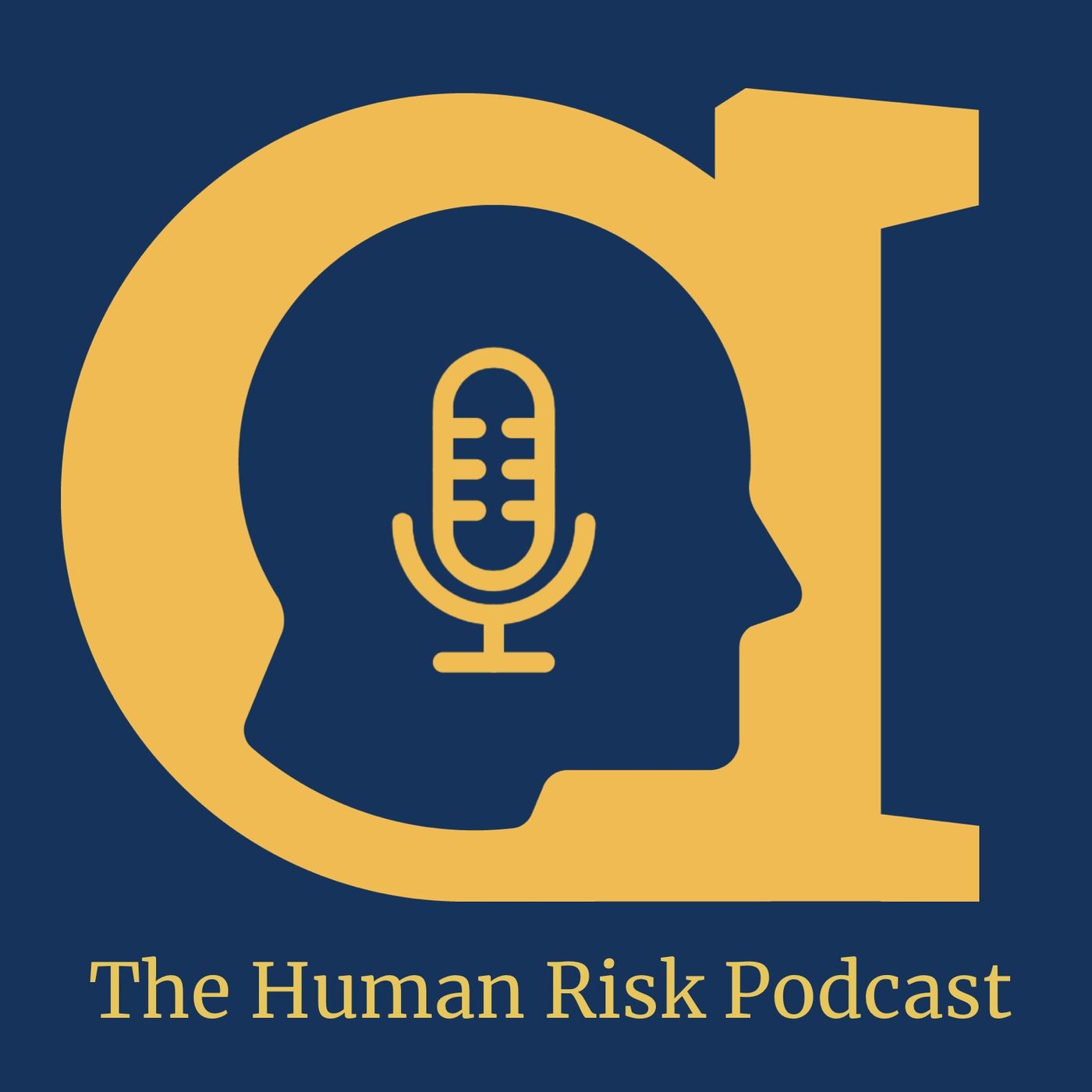Dr Ludmila Praslova on The Canary Code
Description
What can canaries in coalmines teach us about diversity and inclusion? In this episode, I’m speaking to an academic who has some fascinating ideas and insights into how we can create more inclusive work environments and cultures — in other words, how to get the best out of all employees.
Guest Bio
My guest, Dr. Ludmila Praslova, is a Professor and the Founding Director of Graduate Programs in Organizational Psychology at Vanguard University in Costa Mesa, California. She is an industrial organizational psychologist with a background in global diversity, intercultural relations, and, more recently, neurodiversity in the workplace.
She’s also the author of a new book called 'The Canary Code: A Guide to Neurodiversity, Dignity, and Intersectional Belonging at Work’ which takes a concept you’ve heard of — the canary in the coal mine — and applies it to the world of inclusion.
Her simple yet fascinating idea is that if we can focus on meeting the needs of those who are most sensitive to negative workplace dynamics and then create an environment that allows them to flourish, we can create an environment where everyone can flourish.
Episode Description:
In our discussion, we explore the importance of removing barriers in the workplace, the pitfalls of traditional hiring practices, and how the Canary Code works in practice. You'll hear
insights on creating inclusive environments, addressing workplace biases, and why something I've often done, viewing neurodivergent traits as 'superpowers', is actually unhelpful.
AI-generated timestamp summary
[00:00:00] - Introduction
Christian Hunt introduces Dr. Ludmila Praslova, discussing her book "The Canary Code" and its focus on inclusive work environments.[00:01:00] - Ludmila's Background
Ludmila, an industrial-organizational psychologist, specializes in global diversity, intercultural relations, and neurodiversity.[00:03:00] - Interest in Diversity
Ludmila's journey into diversity began with global diversity and now focuses on intersectional inclusivity and neurodiversity.[00:07:00] - The Canary Code Concept
The concept suggests that addressing the needs of the most vulnerable employees can improve conditions for all.[00:11:00] - Flexibility in the Workplace
Emphasizes creating flexible work environments to reduce workplace toxicity and improve productivity.[00:18:00] - Neurodiversity Explained
Neurodiversity includes ADHD, dyslexia, autism, and other neurological differences that impact workplace experiences.[00:22:00] - Managerial Concerns
Managers don't need to specialize in every condition but should create generally inclusive and flexible environments.[00:25:00] - Job Matching and Crafting
Focus on matching jobs to individual strengths and job crafting to optimize roles.[00:28:00] - The Limits of Flexibility
Some roles require specific skills and cannot be flexible, but many roles can adapt to a diverse workforce.[00:31:00] - Validity in Hiring Practices
Emphasizes the need for valid, job-relevant assessments in hiring to ensure fairness and effectiveness.[00:39:00] - Resistance to Change
Some organizations resist flexible work practices, but modern, flexible practices can help attract and retain talent.[00:46:00] - Book Structure
"The Canary Code" is structured to be accessible to CEOs, diversity professionals, and neurodivergent individuals, with stories, research, and practical advice.[00:58:00] - The Superpower Myth
While neurodivergent individuals may see their traits as superpowers, using this as a hiring argument is problematic.[01:02:00]...
More Episodes
Why do some great ideas succeed while others fail despite having everything else in place?
On this episode, we welcome back Paul Orlando, an expert on unintended consequences and systems thinking.
Paul introduces his new book, "Why Now: How Good Timing Makes Great Products," and discusses the...
Published 06/23/24
Published 06/23/24
How is technology impacting money laundering? On this episode, I'm welcoming investigative journalist Geoff White back onto the show.
In 2022, Geoff joined me to talk about his book and podcast The Lazarus Heist, the story of how North Korean hackers launched an attack on Sony Pictures in...
Published 06/08/24


